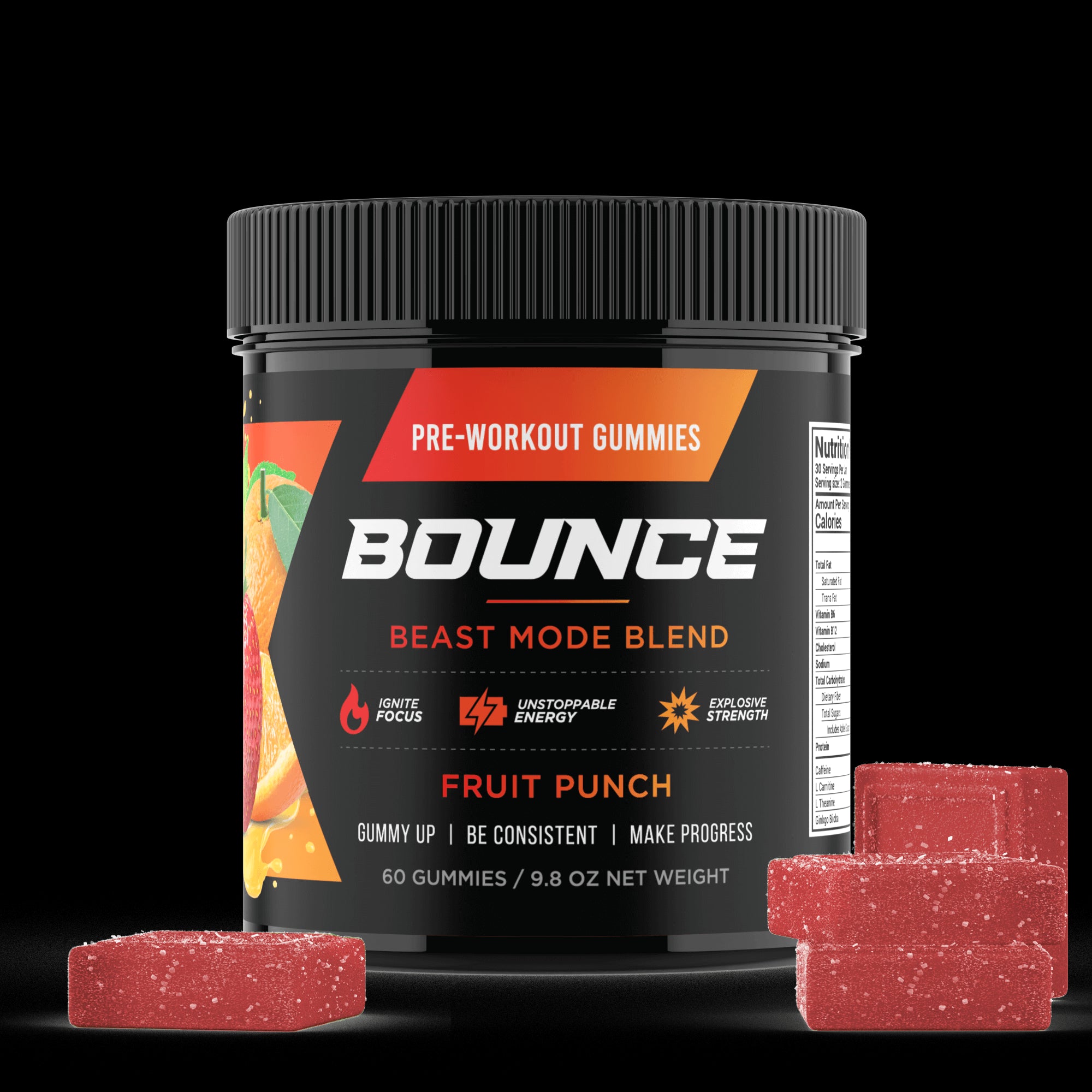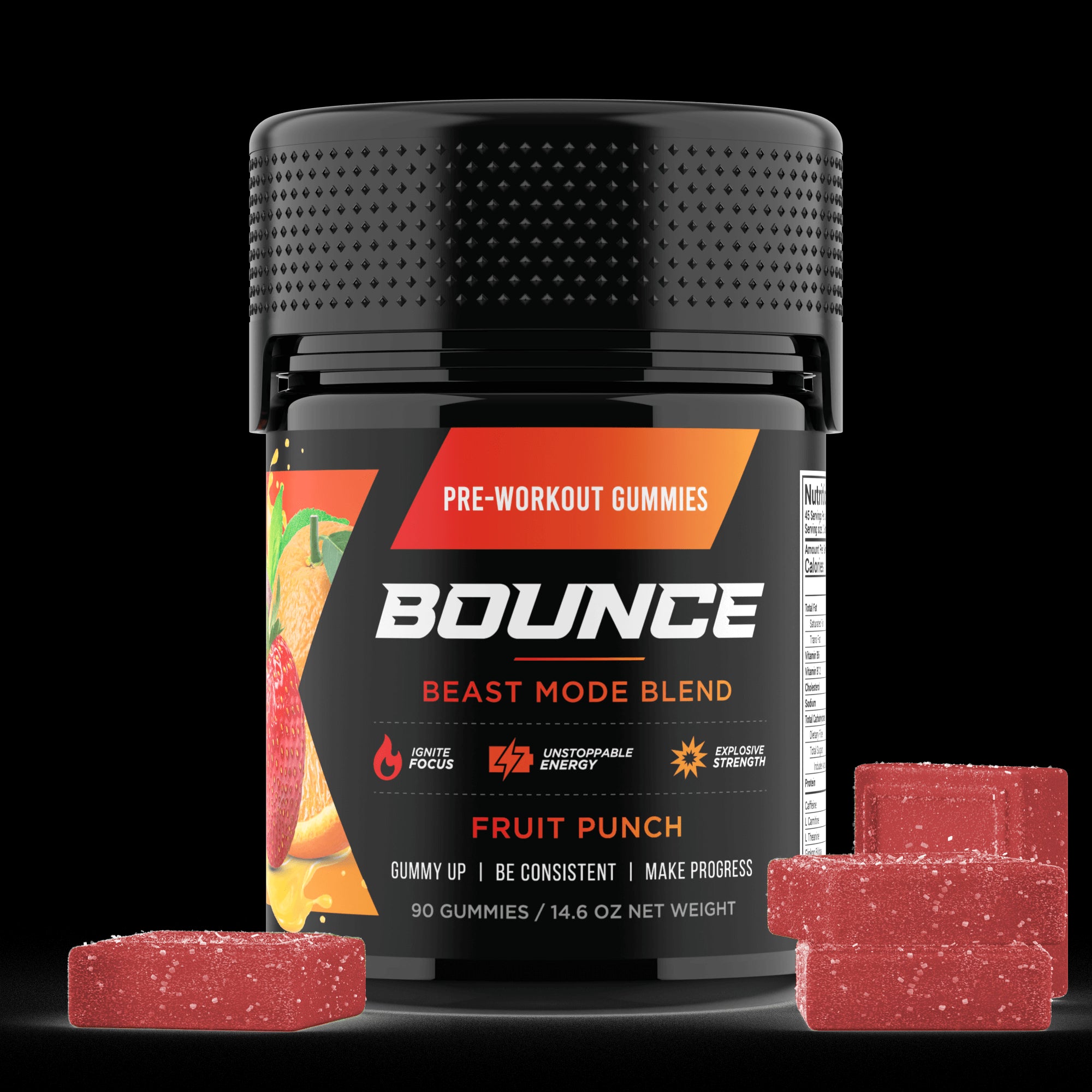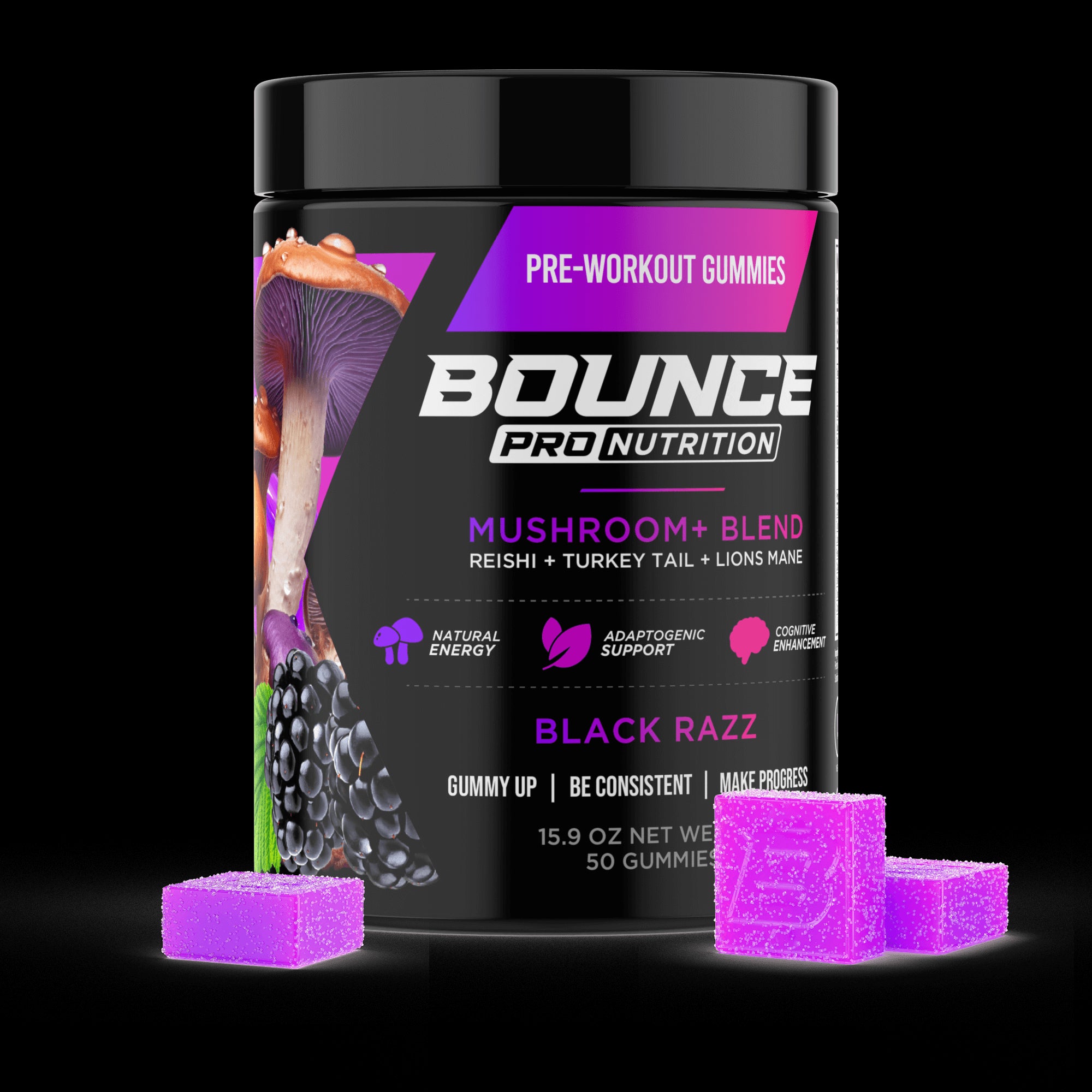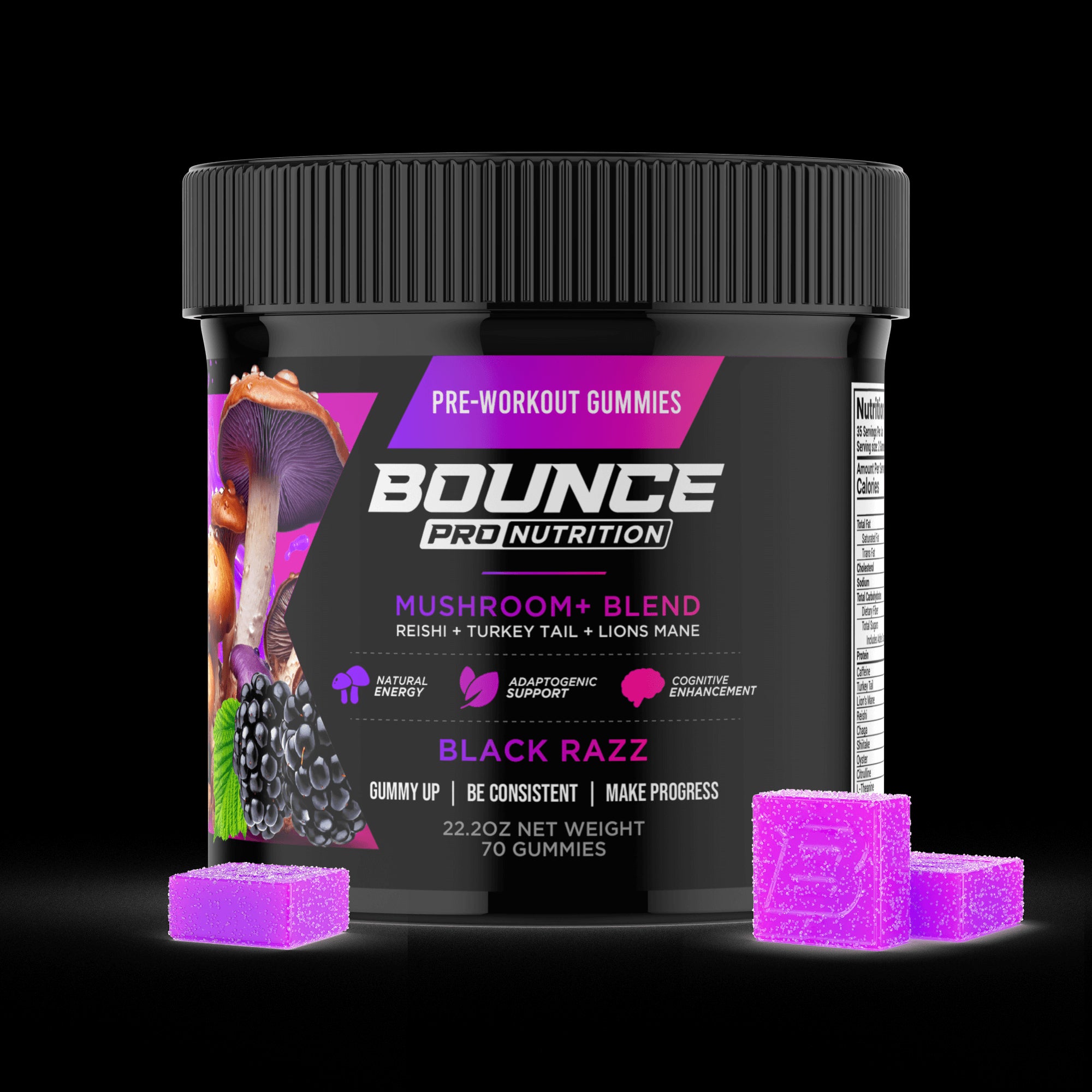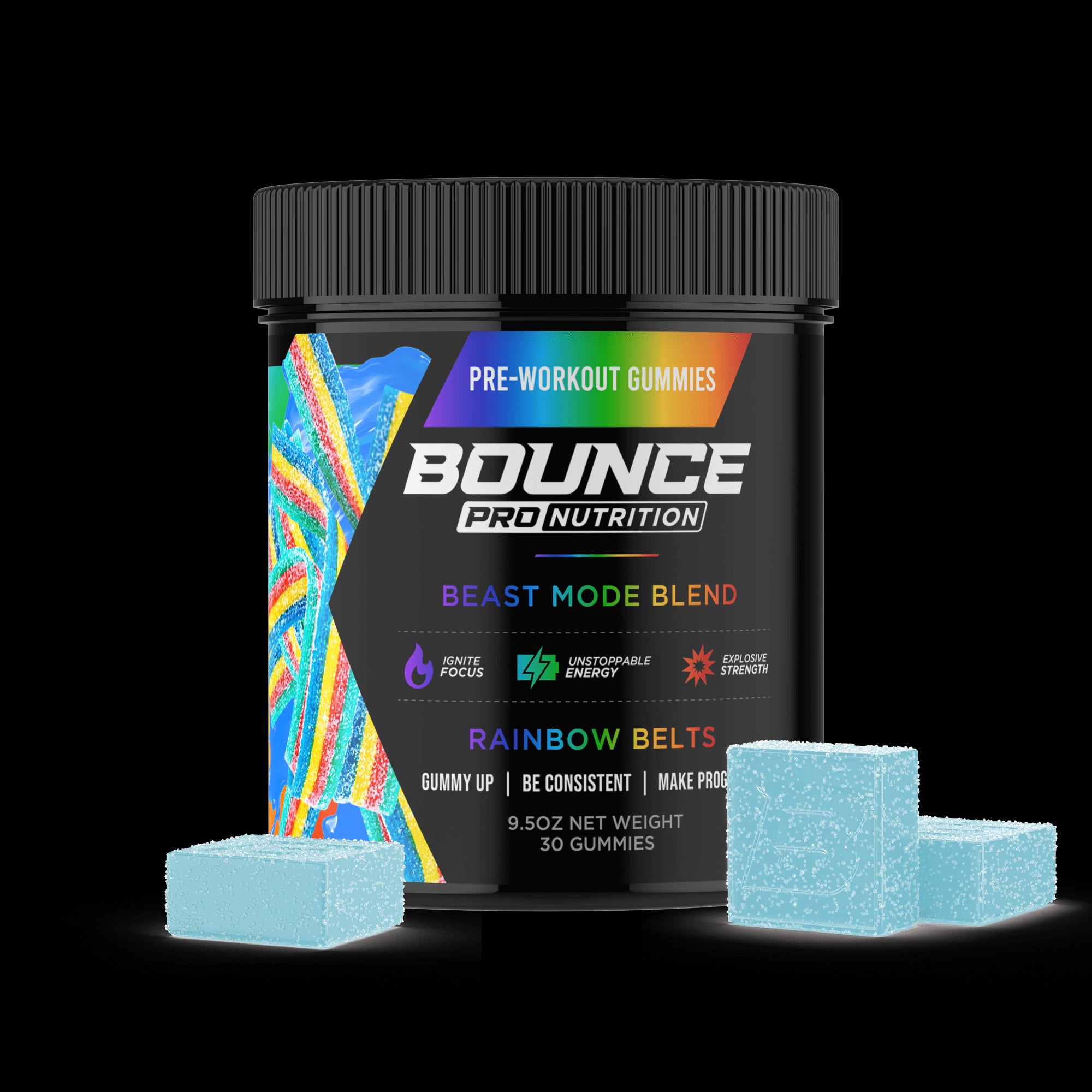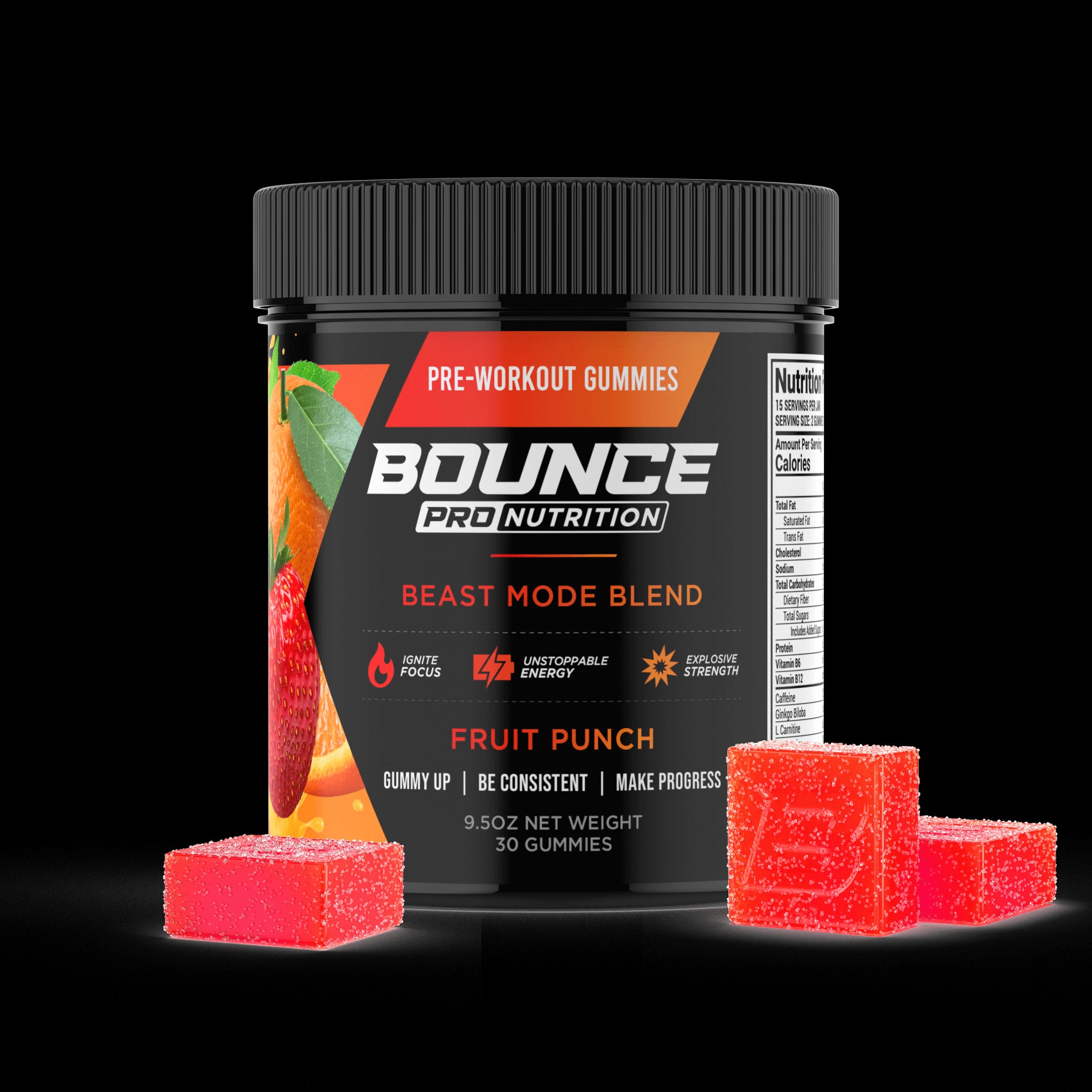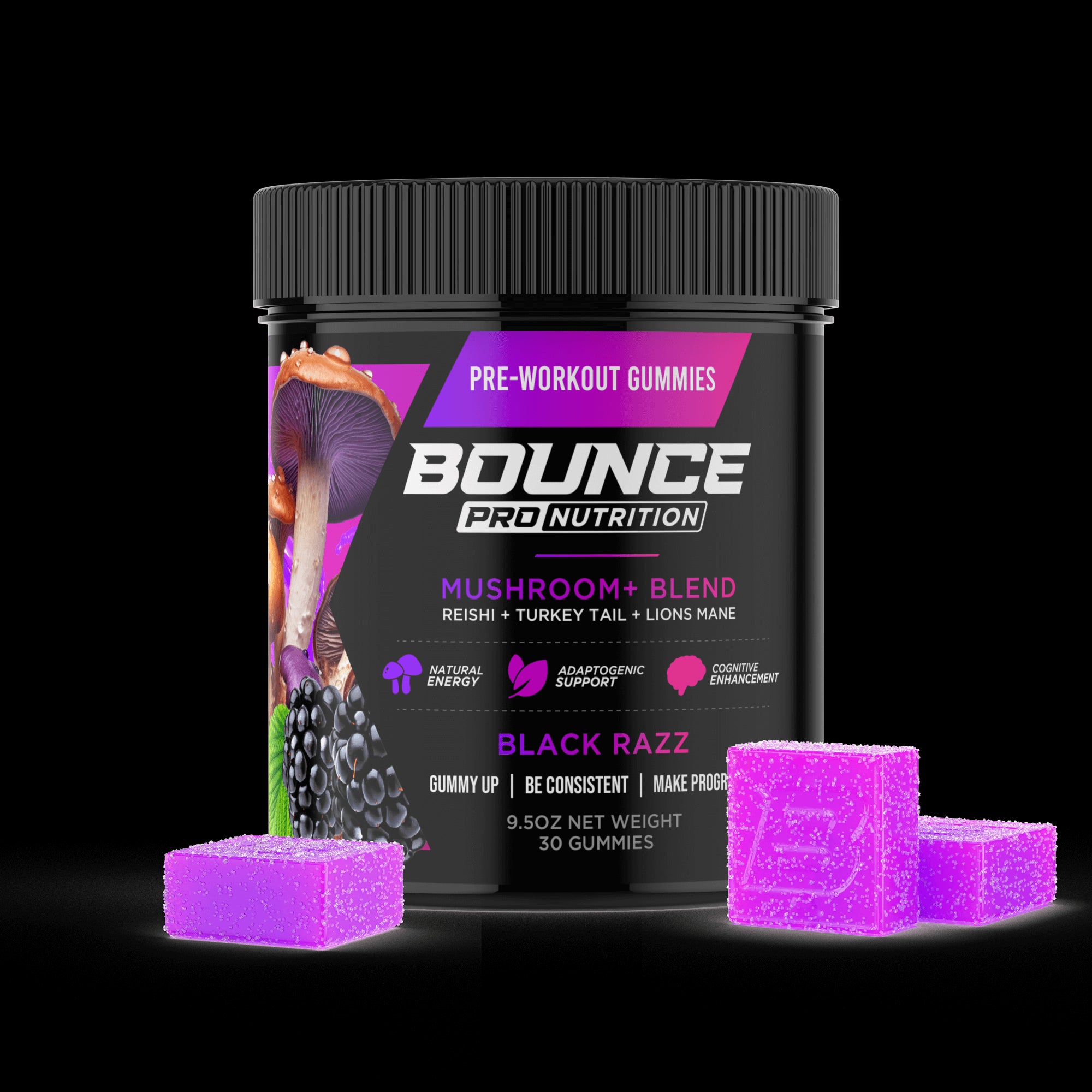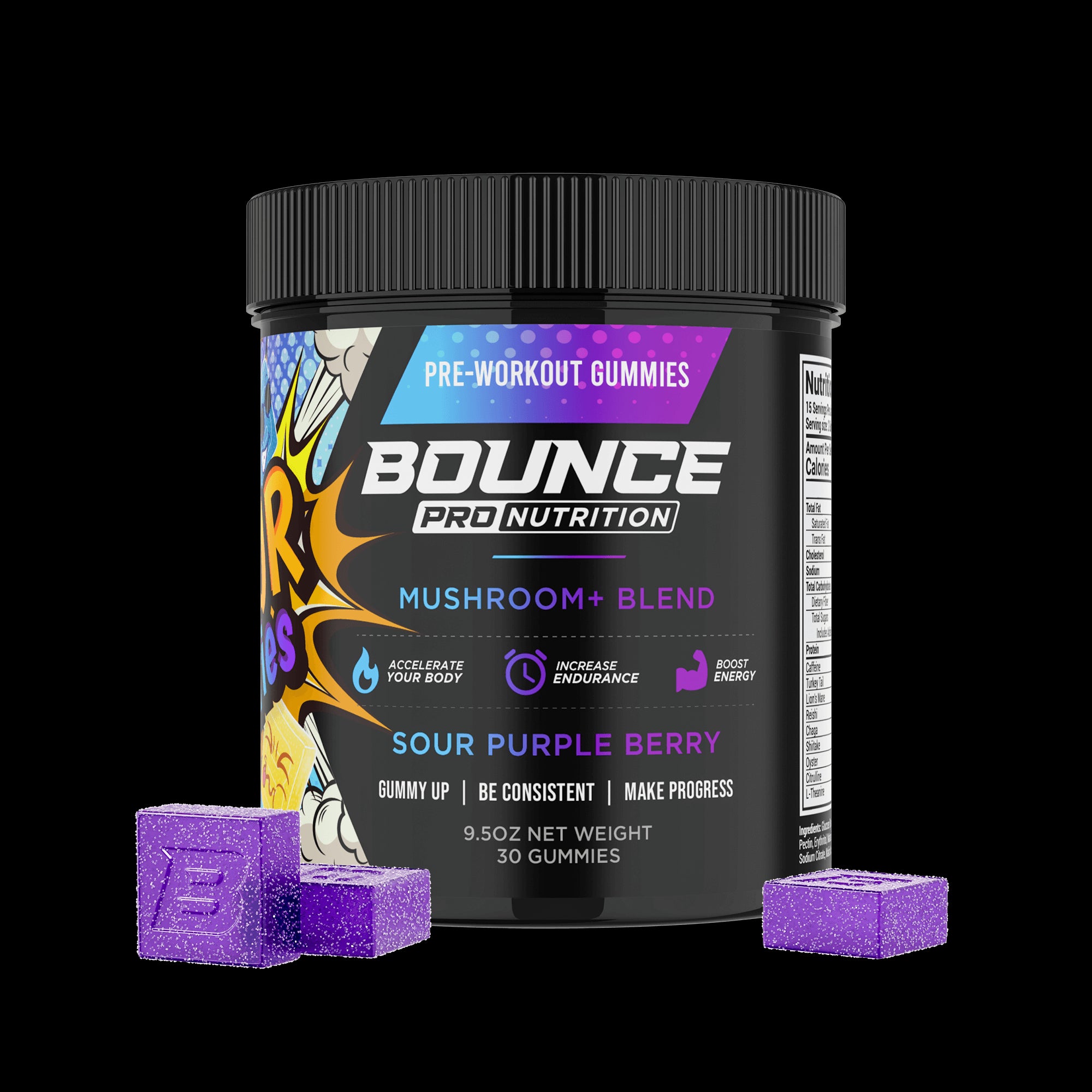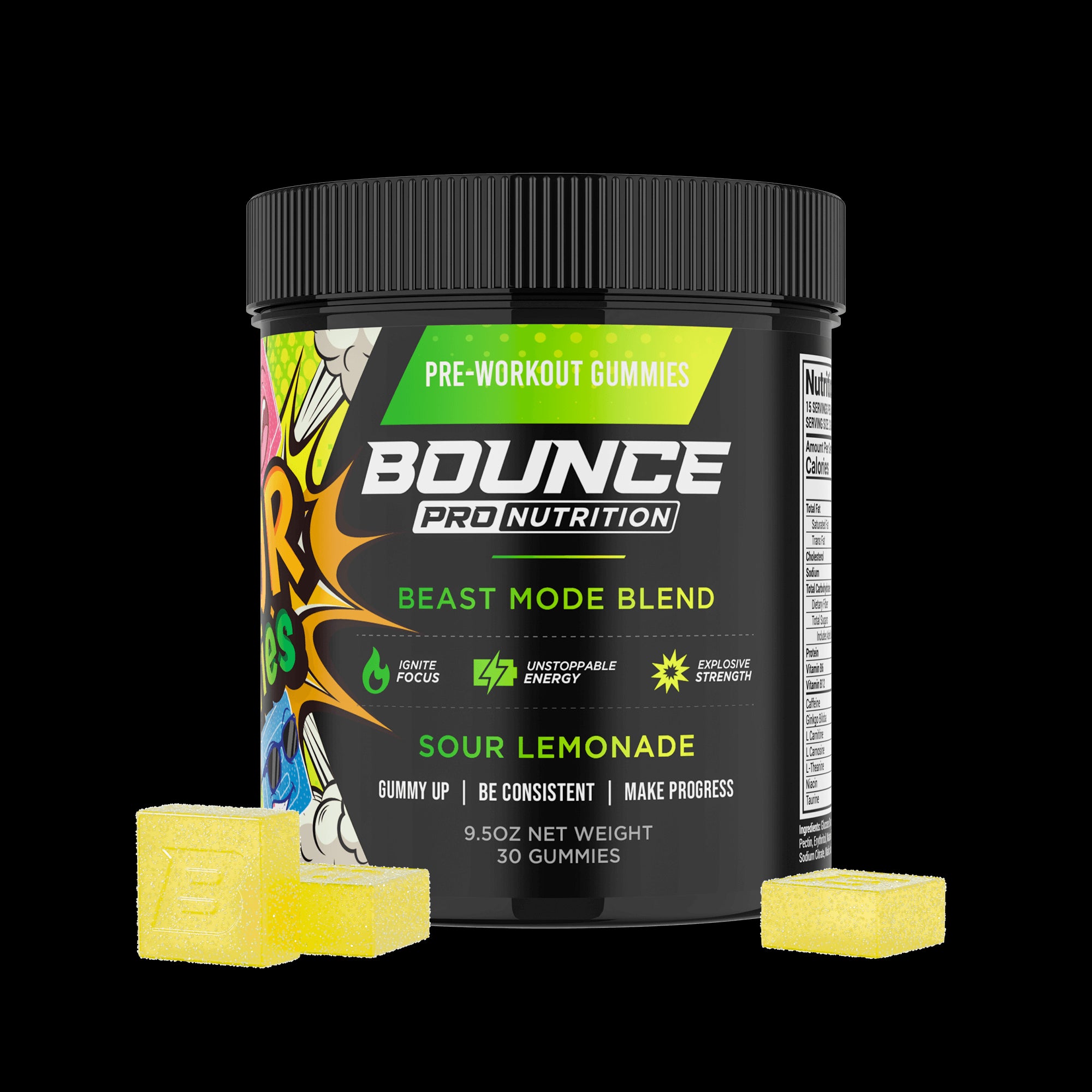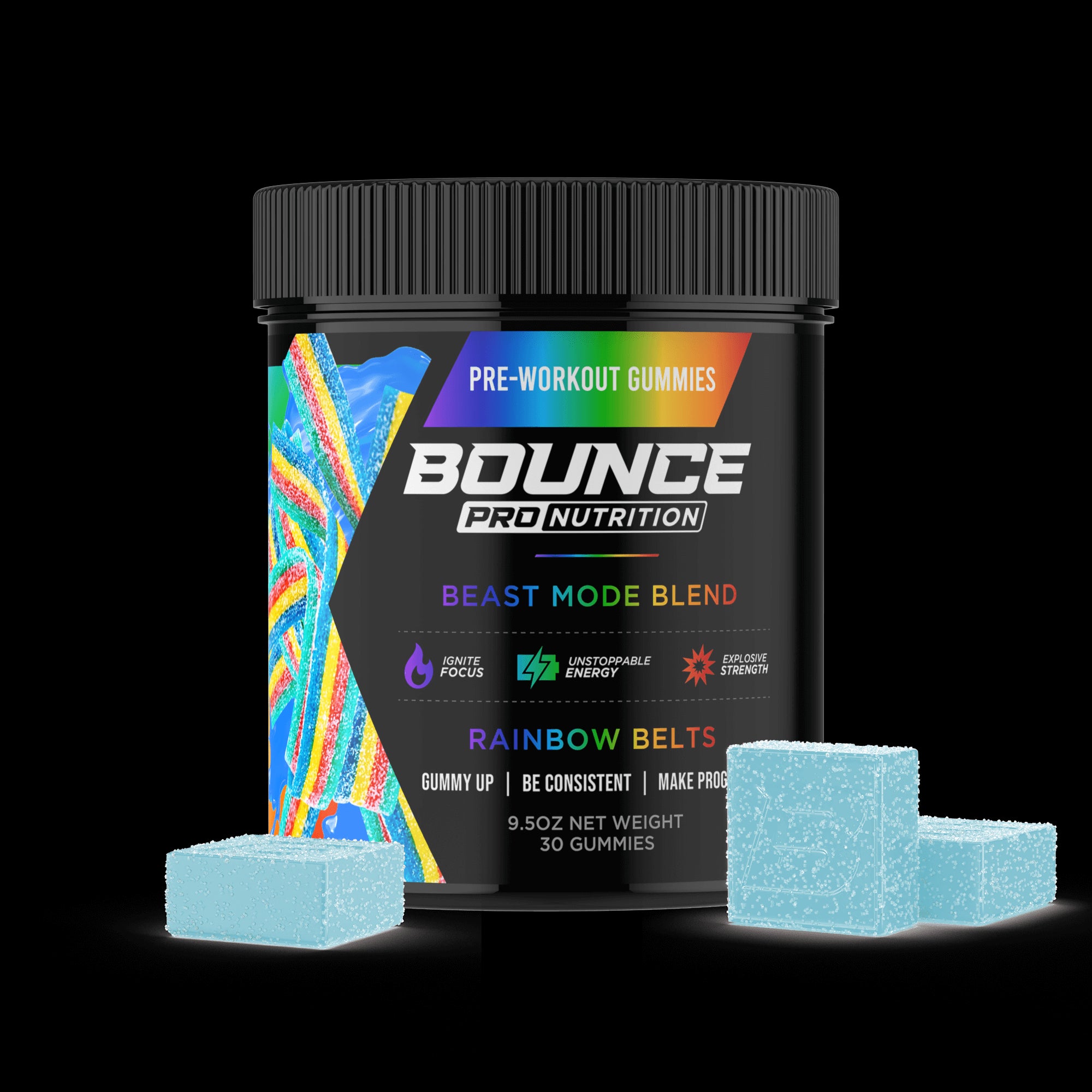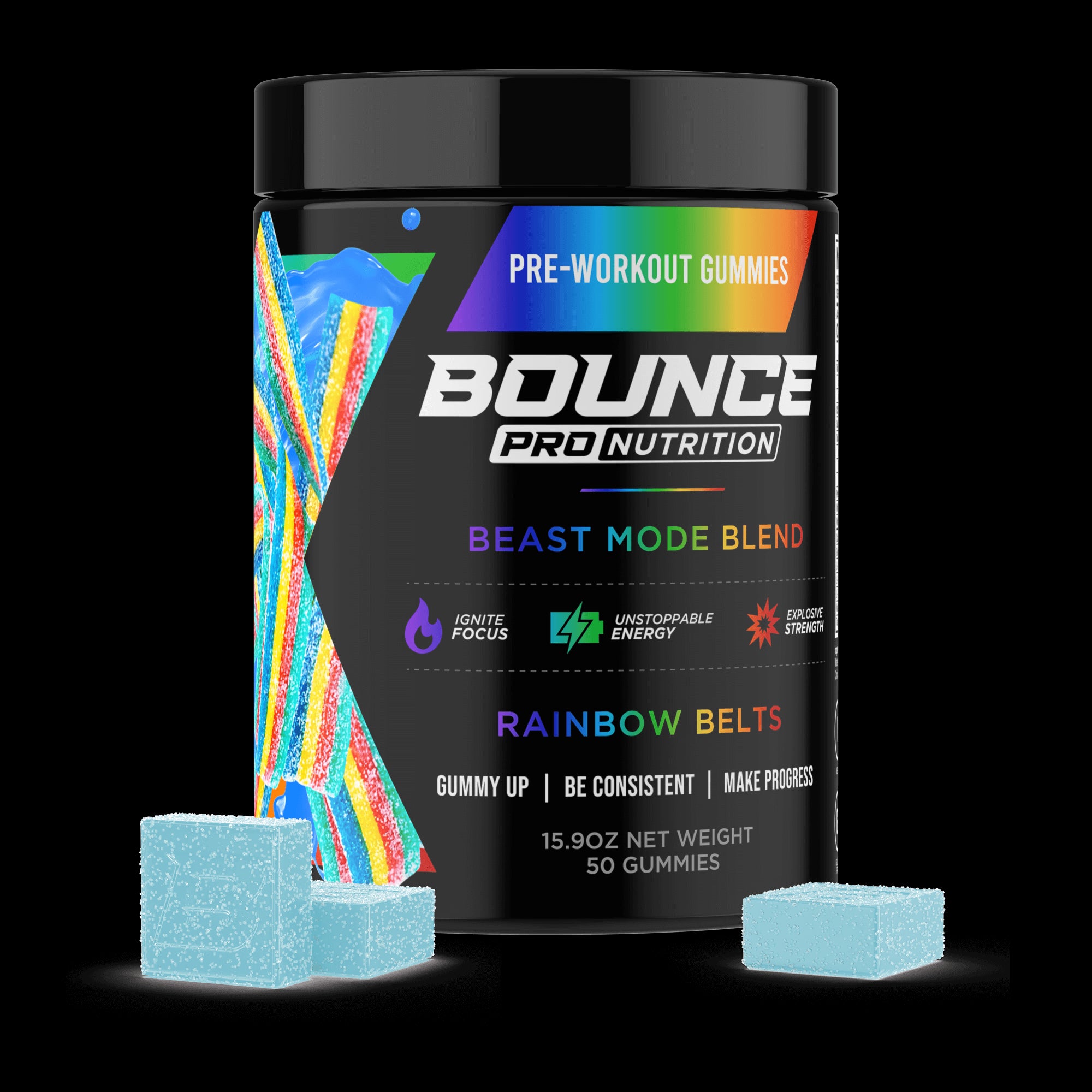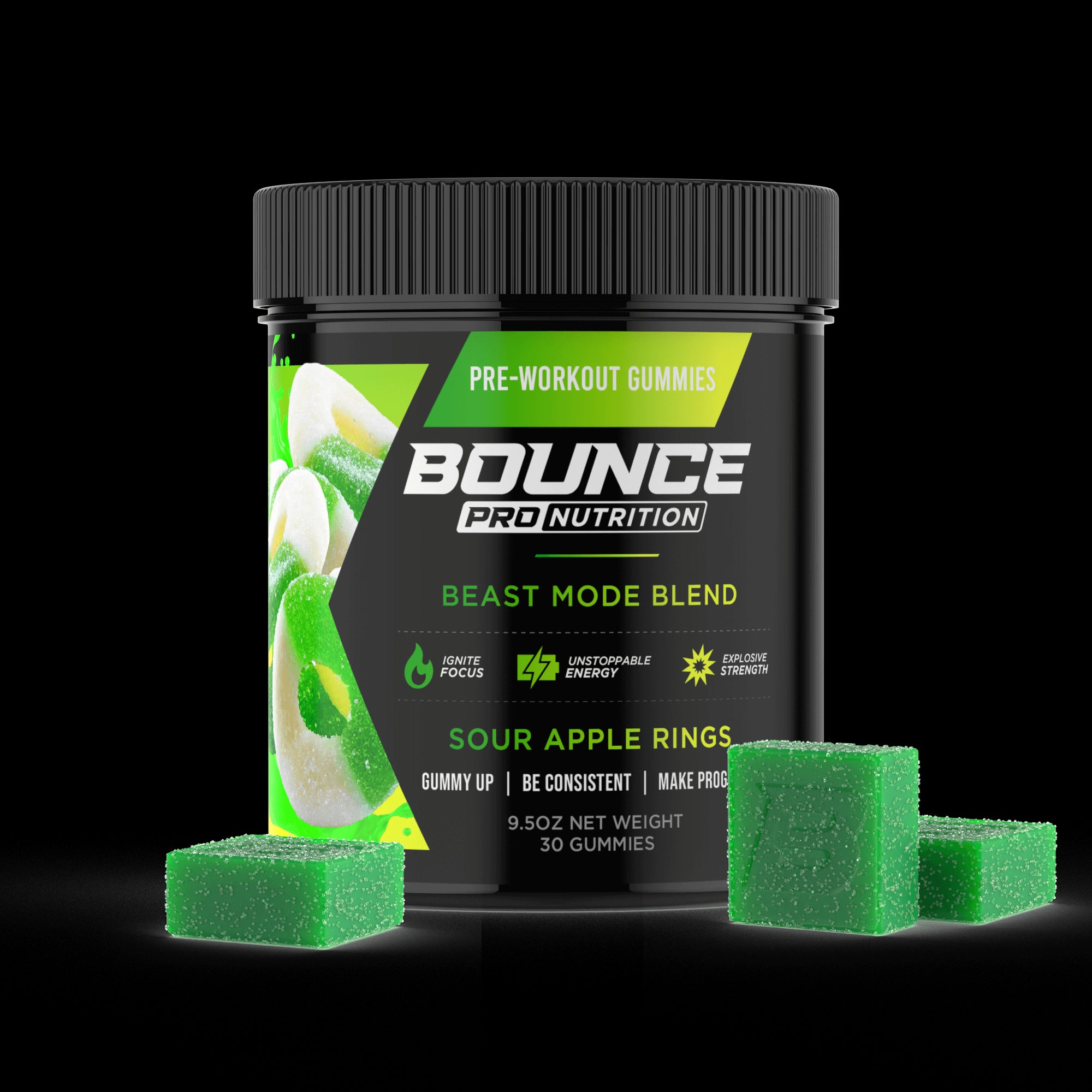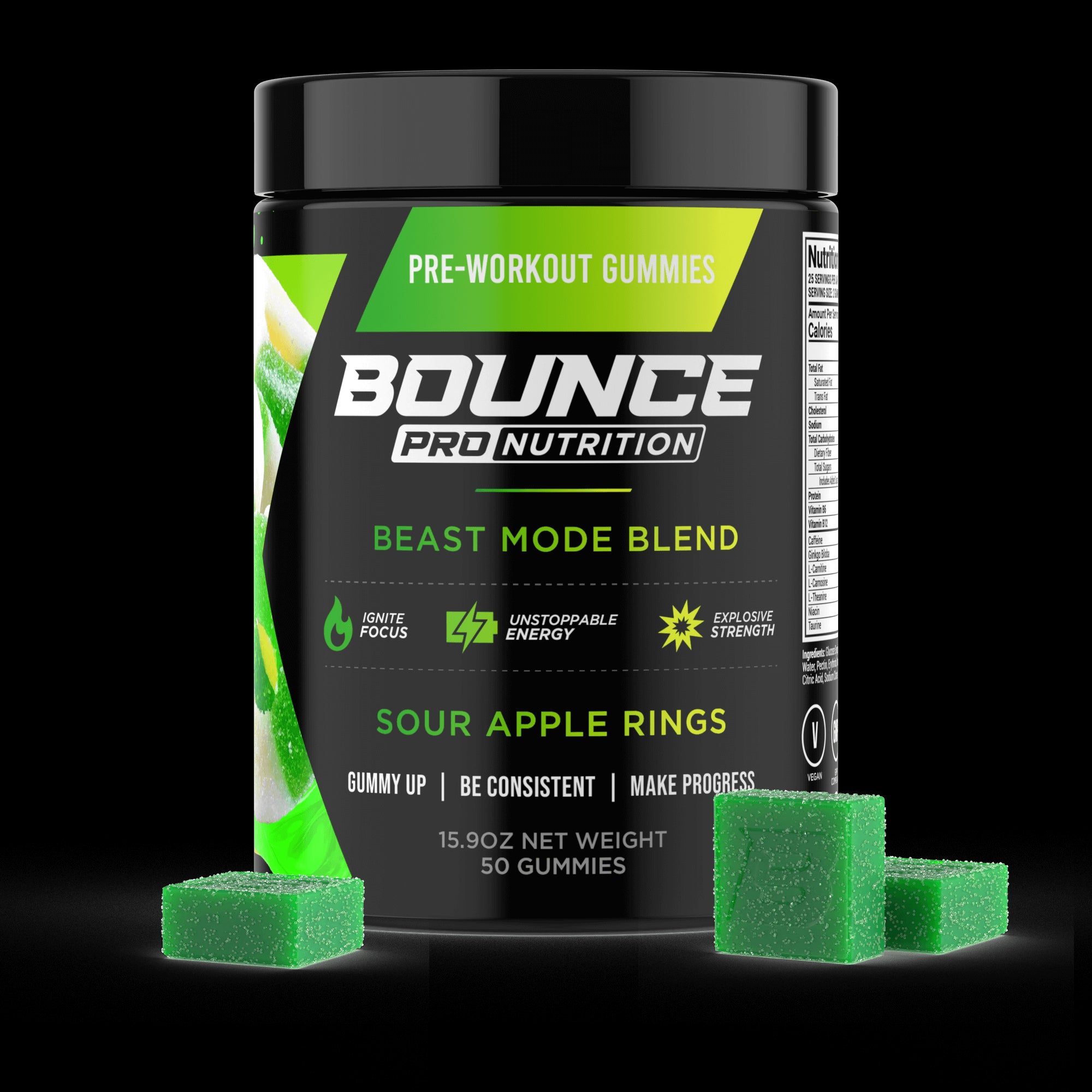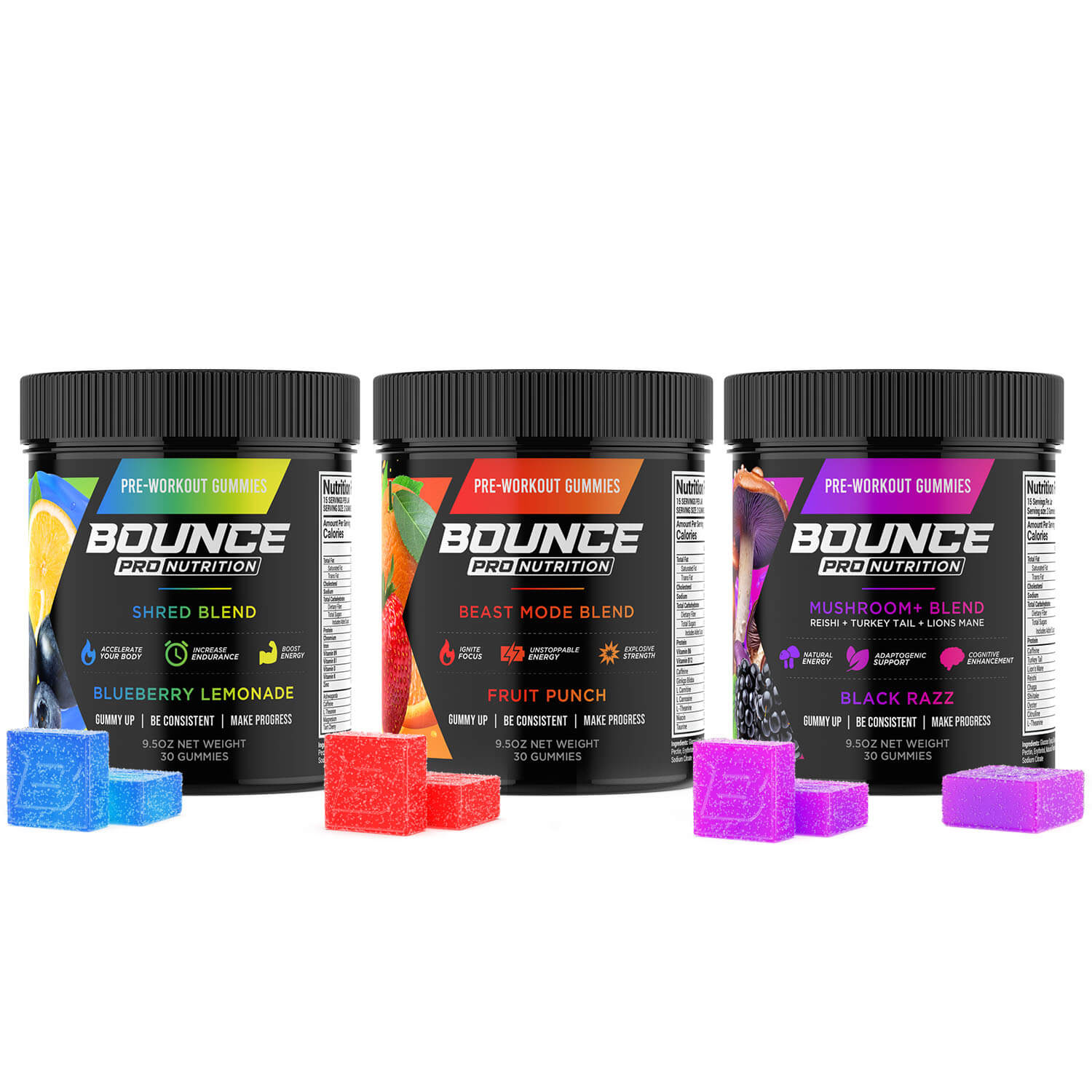Mixed Martial Arts (MMA) is a full-contact combat sport that allows a wide variety of fighting techniques and skills from a mixture of other combat sports to be used in competition. The rules allow the usage of both striking and grappling techniques, both while standing and on the ground. This diversity makes MMA one of the most comprehensive and dynamic combat sports today.
In fact, performance in the octagon is crucial, which is where pre-workout really comes in handy. These all-in-one supplements deliver a major performance boost through natural, effective pre-workout supplements, so you can bring you’re a-game and be a serious contender. We will be talking about the timing of your pre-workout dose, and why it can make or break how successful you are when it’s time to fight.
TO BUY PRE-WORKOUT GUMMIES CLICK HERE
How and Why Do People Get Into MMA?
People get into Mixed Martial Arts (MMA) for various reasons and through different paths, reflecting the sport's multifaceted appeal.
Why People Get into MMA
- Physical Fitness: MMA is a rigorous sport that requires and builds exceptional physical fitness, including strength, endurance, flexibility, and coordination.
- Self-Defense: The practical skills learned in MMA training can be applied to real-life self-defense situations. People often feel more confident and secure knowing they can protect themselves.
- Competitive Outlet: MMA provides a competitive platform for athletes who wish to test their skills against others, offering a structured environment with clear rules and objectives.
- Personal Challenge: Many are drawn to MMA as a means of personal growth, finding the discipline, commitment, and resilience required to be rewarding challenges that translate into other areas of life.
- Career Aspirations: For some, the goal is to become professional fighters. MMA can be a career path that leads to opportunities in fighting, coaching, and related sports industries.
- Community and Belonging: Joining an MMA gym or club often introduces individuals to a community of like-minded people, fostering friendships and a sense of belonging.
- Interest in Martial Arts: MMA encompasses techniques from various martial arts disciplines (e.g., Brazilian Jiu-Jitsu, Muay Thai, Wrestling, Boxing), attracting those with a general interest in martial arts.
How People Get into MMA
- Joining a Gym or Club: Many start by joining a local MMA gym or martial arts club that offers classes in different aspects of MMA, from striking to grappling.
- Background in Other Martial Arts: Individuals with backgrounds in specific martial arts (e.g., judo, karate) may transition into MMA to explore a more comprehensive fighting approach.
- Athletic Background: Athletes from other sports, especially those requiring physical contact and strategic thinking (like wrestling or boxing), may cross over into MMA to apply their skills in a new context.
- Inspiration from Media: Exposure to MMA through television, movies, or social media can inspire people to try it out. High-profile events like UFC fights often spark interest in the sport.
- Self-Learning and Informal Training: Some begin with self-taught techniques or informal training with friends before seeking more structured training at a gym.
- Amateur Competitions: Participating in or attending amateur MMA competitions can be a gateway into the sport for both athletes and enthusiasts.
- Professional Guidance: Seeking out professional trainers or former fighters for personal coaching is another path, especially for those with specific goals in mind.
How Much Training is Involved When Attempting to Become an MMA Fighter?
The path to becoming an MMA fighter is unique for each individual, with variations depending on their background, martial arts discipline, physical capabilities, and the quality of training and coaching available. The commitment is substantial, requiring dedication, discipline, and a willingness to face both physical and mental challenges.
1. Basic Skill Development:
- Duration: Varies widely
- Focus: Learning the basics of various martial arts, including striking (e.g., boxing, Muay Thai) and grappling (e.g., Brazilian Jiu-Jitsu, wrestling).
- Approach: Many fighters start in a single discipline before expanding their skill set.
2. Advanced Training and Specialization:
- Duration: Several years
- Focus: Developing advanced techniques, refining skills, and beginning to specialize in areas that suit one’s strengths and strategy.
- Approach: More focused training in chosen disciplines, often leading to competition in amateur fights.
3. Physical Conditioning:
- Duration: Continuous
- Focus: Building strength, endurance, flexibility, and speed.
- Approach: Weight training, cardiovascular exercises, agility drills, and more, tailored to maintain peak physical condition.
4. Tactical and Strategic Learning:
- Duration: Continuous
- Focus: Understanding fight strategy, opponent analysis, and mental preparation.
- Approach: Studying fights, working with coaches to develop game plans, and mental conditioning.
5. Sparring and Combat Practice:
- Duration: Continuous
- Focus: Applying skills in a controlled environment to simulate fight conditions.
- Approach: Regular sparring sessions with partners, focusing on different aspects of MMA fighting.
6. Amateur Competition:
- Duration: Varies
- Focus: Gaining experience in real fights.
- Approach: Competing in amateur leagues and tournaments to build a record and gain exposure.
7. Professional Preparation:
- Duration: Varies
- Focus: Transitioning from amateur to professional level.
- Approach: Further refining skills, focusing on professional opportunities, and beginning to fight professionally.
General Considerations:
- Time Commitment: Becoming proficient enough to compete professionally can take several years, often a decade or more.
- Mental and Emotional Preparation: Psychological resilience, stress management, and the ability to cope with the pressures of competition are crucial.
- Nutrition and Weight Management: Critical for performance and for meeting weight class requirements.
Continuous Learning and Adaptation:
- Even after turning professional, fighters must continue to train, learn, and adapt. MMA is a constantly evolving sport.
- Fighters must also stay up to date with new techniques and strategies.
What is Pre-Workout?
If pre-workout is new to you, let’s explain what it is. Pre-workout is a type of supplement that comes in gummy, powder, or liquid form, that contains multiple active ingredients associated with exercise performance.
The active ingredient(s) that provide these benefits can vary between different brands, but in general, they aim to improve energy levels, physical endurance, focus, mood, muscle support, and/or motivation. Depending on what’s in the formula, it can contain ingredients that offer stress relief, hormonal support, and other additional benefits.
Of course, people who want to take a pre-workout product should read the ingredients before buying, as the fitness supplement market is notoriously unregulated. You always want to be sure you’re taking a product that’s safe, especially since some performance enhancers may stimulate the nervous system through less safe means than others, so being cautious and mindful of these ingredients should be a priority.
Key Ingredients in Pre-Workout
Like we said, pre-workout can come with all kinds of benefits, but each formula can be unique based on the manufacturer. Let’s look at the most commonly used ingredients now.
- Caffeine: Caffeine is commonly found in pre-workout gummies, and its primary function is to give a boost in energy, so that you can feel more motivated and energized while exercising.
- Amino Acids: Various amino acids are usually found in pre-workout gummies, serving important functions like boosting stamina/endurance, improving focus, helping muscles repair themselves, increasing strength, and boosting muscle density.
- Nootropics: Nootropics like creatine may be in certain formulas, providing cognitive benefits like mental clarity, concentration, and motivation, so that you can keep your head in the game.
- Adaptogens: Adaptogens like ashwagandha can help the body tolerate more stress, both physical and mental, so that you can get more out of every workout session.
- Mushrooms/Botanicals: Various mushroom and botanical extracts exist in pre-workout gummies that provide various benefits to your routine.
- Vitamins/Minerals: Vitamins and minerals can offer added benefits as these essential nutrients provide the body with key physical and mental support.
How Long Does it Take for These Ingredients to Work?
When it comes to almost any pre-workout formula, you’ll get both long and short-term benefits depending on each individual ingredient. Short-term benefits are associated with more energizing and strength-boosting ingredients like caffeine and creatine, which supply the body with an energy boost, an increase in focus, and better stamina. Longer-term benefits come from ingredients like amino acids and nutrients, which require more time to build up in the body before offering their effects to the fullest potential.
Because of this, taking pre-workout daily is key to getting as much benefits as possible. Daily use means that you’re going to enjoy the fast-acting benefits of some ingredients, while consistently building up a good supply of the longer-term ingredients that can benefit you over a more sustained time period.
Given all of that, you’ll be benefiting from your pre-workout no matter when you take it. Basically, by sustaining high levels of nutrients in the body that directly pertain to performance, you’re going to see better output at the when you’re actually engaged in a fight.
Still, you don’t want to miss out on the full potential of those short-term benefits, which is why timing matters. After all, if you have a fight in the evening, taking caffeine in the morning isn’t going to help you very much, since it will have worn off by the time you get into the octagon.
When is the Best Time to Take Pre-Workout Before an MMA Fight?
You should take pre-workout at least 30 minutes before your MMA fight, or if it is a preworkout gummy take 25 minutes before your fight.
Any legit pre-workout product should be clear about how to use the product on its label. You should be able to find instructions on how much to take per day (like 1 gummy, or 1 scoop of powder) as well as when to take them for the best results. And, one thing that we see with almost every pre-workout is that it recommends taking a dose 30 minutes prior to exercise – whether that’s going for a hike, engaging in a heavy gym session, or preparing for a competitive event like an MMA fight.
That’s because it takes about 30 minutes for the short-term ingredients to peak – like caffeine, creatine, and any other ingredients that boost energy to help you maximize performance. So, by taking the product 30 minutes before you begin a fight, you’ll be getting the peak of the caffeine and other short-term ingredients for max results.
Of course, at the end of the day you should always stick to the manufacturer’s directions on the product label. Any good pre-workout product should give clear instructions as to when to take your dose to get the most out of your fight, without running out of steam.
Preparing for an MMA Fight? Take a Pre-Workout 30 Minutes Before!
Getting into MMA is a personal journey that varies from one individual to another. Whether for fitness, self-defense, competition, or professional ambition, MMA offers a challenging and rewarding path for those who choose to pursue it. Now, if you have an MMA fight coming up, then you want to be fully prepared, which’s why timing your pre-workout dose is absolutely crucial.
Bounce Nutrition’s pre-workout gummy formulas work best when taken 30 minutes before you start your fight, so that the key ingredients are peaking when you need them the most.

